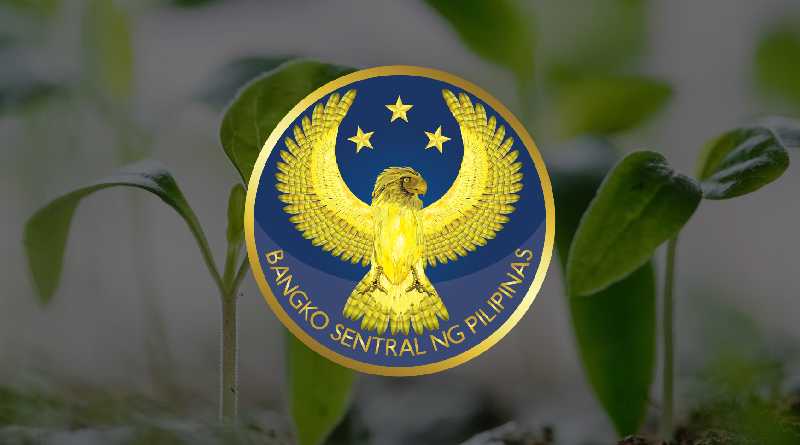Source: https://mb.com.ph/2022/07/12/bsp-to-issue-3rd-phase-of-sustainable-finance-rules/?amp
The Bangko Sentral ng Pilipinas (BSP) on Tuesday, July 12, announced that it will issue the third phase of sustainable finance regulations next month, signalling a “wider adoption” of sustainability principles in the domestic financial system.
“The BSP recognizes the urgency of promoting the sustainability agenda,” said BSP Governor Felipe M. Medalla.
The third phase sustainable finance roadmap and guiding principles outline the incentives available for banks to mobilize capital. It considers several regulatory perks to banks that will shift to sustainable financing such as preferential rediscount rates or provision of higher loan values.
These perks should increase the share of green financing in banks’ loan portfolios. Since 2017, local banks have issued some $1.3 billion worth of sustainable bonds and P152.9 billion in peso-denominated issuances.
The BSP has drafted the guidelines for the third phase of sustainability-related regulations last February, mainly on the integration of sustainability principles in banks’ investment activities. The policy proposal is expected to be finanlized by mid-August.
Through the BSP’s Sustainable Finance Framework which was first released in April 2020 and the Environmental and Social Risk Management Framework issued in October last year, the BSP has done its first and second phases in sustainable finance regulations by these issuances.
“We are committed to helping our supervised financial institutions develop their capacity in sustainable finance. This enabling approach will accelerate mobilizing funds toward projects and activities to achieve our growth targets and, at the same time, reinforce the country’s resilience to natural disasters and climate change,” said Medalla on Tuesday.
The first and second phases of regulations set out the expectations on the integration of sustainability principles in banks’ core strategies, governance, and risk management frameworks, especially in the areas of credit and operational risks. These rules also embed the principle of proportionality, which takes into consideration a bank’s size, risk profile, and complexity of operations, said the BSP.
So far, the BSP said that based on the reports submitted by banks in the last six months, they are “making good use” of the three-year transition window under the Sustainable Finance Framework. “To help banks understand the sustainable finance concepts and promote adoption of sustainable practices, the BSP is collaborating with industry associations, development partners, and other interest groups on the rollout of capacity-building activities for banks and other financial institutions,” said the BSP.
The BSP has been working with the World Bank in particular in its sustainable finance policy map to strengthen surveillance and risk measurement models. The World Bank helps in stress testing exercises to asses the potential impact of climate transition risk to local banks.
“The BSP will enhance its data collection tools to facilitate the assessment of climate- and other environment-related financial impact. It will also supplement existing regulations on stress testing with guidelines that integrate climate stress testing design,” said the BSP.
“Moreover, the BSP is looking into potential regulatory incentives to further mainstream sustainable finance. In relation to this, the BSP supports amendments to the Agriculture and Agrarian Reform (Agri-Agra) Law which consider engagement in sustainable finance as compliance with the mandatory agri-agra credit,” it added.
For its part, the BSP is also poised to release its 11-point strategy to implement its own Sustainable Central Banking Program to “embody (BSP’s) roles as enabler, mobilizer, and doer in championing sustainability in the financial system.”
The Philippines committed to reduce its carbon emissions by 75 percent by 2030 under the UN Framework Convention on Climate Change.
The BSP, with the Department of Finance, co-chairs the Green Force which is responsible for the sustainable finance roadmap.
